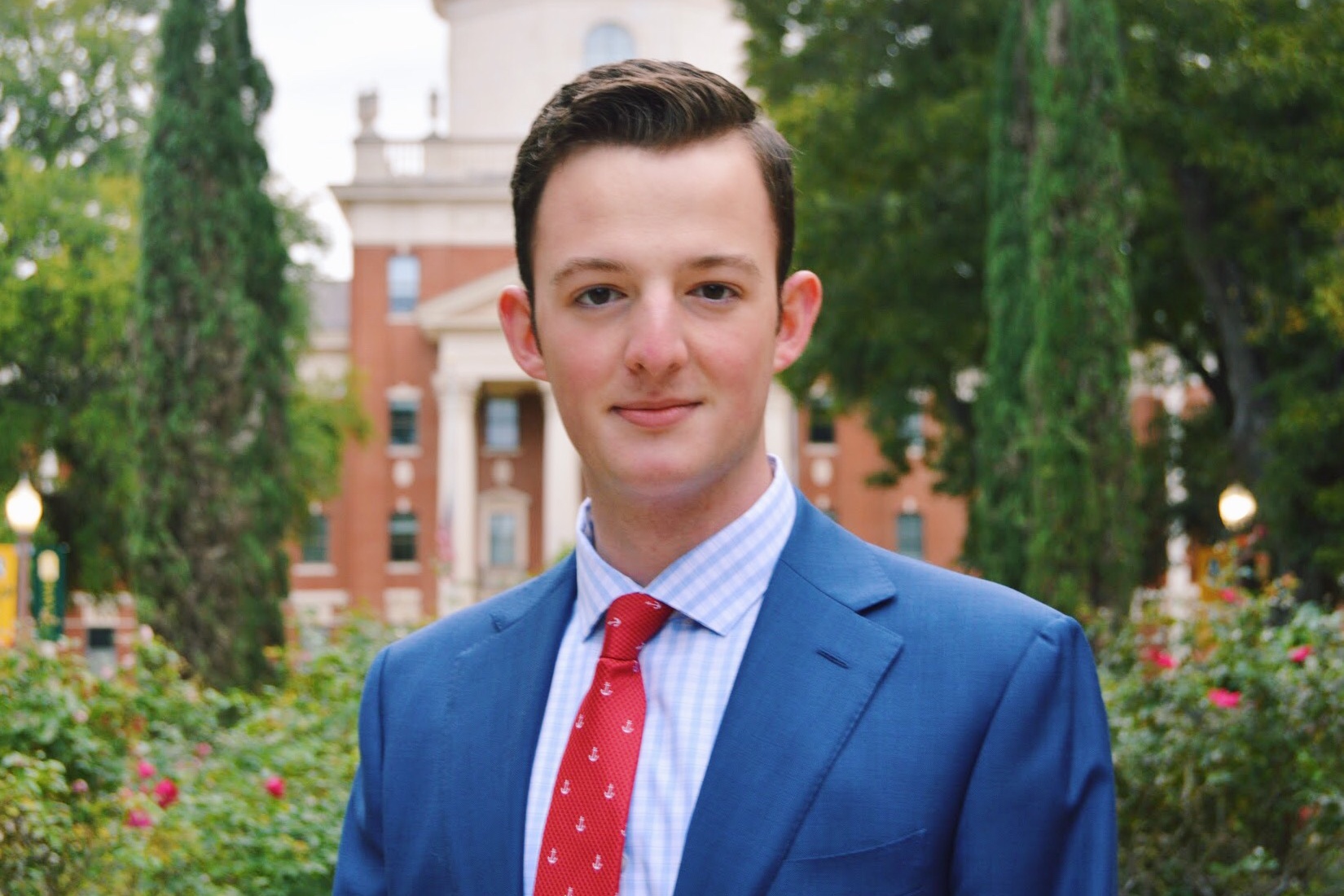David is a political philosopher and professor in the Honors College at Baylor University. He teaches ancient, medieval, and modern political thought, while also developing and contributing original ideas on Classical Liberalism. He is happily married and a father of three.
To begin the interview, I inquired as to David’s definitions of adulthood and adolescence. David paused for a moment, and said that adulthood is having financial independence, but more importantly about having an adequate degree of maturity. An adolescent is that gray area in between adulthood and childhood. The adolescent is certainly not a child but has not fully acquired the maturity necessary to live independently without help from one’s elders. Chiefly different between the two is impulse control, calmness of emotions, and rationality.
David’s adulthood “crept up on him slowly.” He believes that networks of dependence are a good thing, and that it is a modern cultural myth that individuals should become entirely independent of their elders. Instead, they should foster those mutually symbiotic relationships. In his profession, he has realized that most all his idealized figures have died. “It’s my turn” he said. There is no longer anyone living above him to look up to for advice. The responsibility rests upon his shoulders to pass on the tradition of political philosophy to another generation of younger thinkers. There was a time when his age allowed him to establish an almost peer-like rapports with his students. Time has passed, and although he can still foster a good relationship with his students, the age gap places an ever more pronounced divide between him and younger generations. In his experience, adulthood has brought with it the responsibility of providing for his family. Having a family rely on him opened his eyes to the gravity of responsibility.
I then asked David how his parents contributed to his growth and maturity before adulthood. He responded that his father, a civil engineer, had a deep appreciation for high culture. “That took” David said. David studied music and played the tuba in college resulting from his early exposure to classical music and the fine arts. His relationship with his parents, however, quickly became toxic. David’s parents were highly negative and frequently commiserated over tragedy. As David grew, he learned that life is not only tragedy and suffering. David explained to me that when one dwells on tragedy for an extended period, it prevents them from moving beyond the pain and into a beautiful life.
David always tried to be mature for his age, and with that came the realization that commiserating in tragedy and pain will not contribute to his success. To avoid repeating this self-defeating lifestyle, he moved to Louisiana and worked as a stock broker for a short time. David has since lived through tragedy but lives joyfully with his family despite life’s imperfections.
His decision into contentment and joy through academic success and spiritual development surprised me in that I would have expected a different response. Much of the cultural narrative today stems from victimhood. David had every right to complain and make an example of the problems he faced. Instead, he sought solutions. His solutions were experimental and increasingly more successful.
What I take away from this interview is not something entirely new but a reinforcement of principles. David’s story encourages me that despite what darkness we face, it is better to dust yourself off and bolster resilience than to unproductively brood over heartache. David’s adolescence was not typical as household toxicity and self-exploration through isolation both proved to be self-destructive. He said that in taking responsibility, he eventually found fulfillment in his work as a political philosopher, bearing in mind those things which he holds dearest in his life. As I will be graduating in two months, I take his advice to heart, which was to take responsibility for myself and my actions, and to gradually grow into adulthood.

Leave a comment